Analyses

Prosecuting solidarity: extracts from a new book on the Riace case
A book about the political use of judicial proceedings to curtail a virtuous example of solidarity at work in reception practices in a small southern town in Calabria, Riace, led by its former mayor, Mimmo (Domenico) Lucano. Hearings of the appeal trial in Reggio Calabria are underway, after the first trial in Locri (whose sentence is commented on in these two extracts) found several defendants guilty, imposing lengthy prison terms (over 13 years for Lucano, over 80 years in total for 18 defendants) and financial penalties. The contributions to this book focus on the trial, the sentence, the appeal and the reality of the experience of Riace, including trial monitoring reports by Giovanna Procacci.

Submission to European Commission consultation on "security-related information sharing"
The Commission’s initiative for a ‘Security-related information sharing system between frontline officers in the EU and key partner countries’ is a further development along the path of problematic border externalisation, and a trend of increasing use of large-scale processing of the personal data of non-EU citizens for combined criminal law and immigration control purposes, that civil society has been speaking out against for years.
“Call them crazy”: Criminalisation of activists undermines rule of law in the EU
The Dutch police continue to disregard the rule of law to criminalise the pacifist activist Frank van der Linde. In recent years, his personal data has been sent to Europol, he has been labelled a terrorist, and police have suggested he be referred to a psychiatric facility. Far from an isolated case, van der Linde’s story shows just how far police in Europe will go to criminalise the right to protest and stifle political dissent.

Migration policy overspill: access to information in peril
It is well-documented that the externalisation of migration and border policies by the EU and other western states has led to appalling violations of human rights. While this is by far the most important issue resulting from border externalisation, there are also many other negative effects - including attacks on the right to access and impart information.
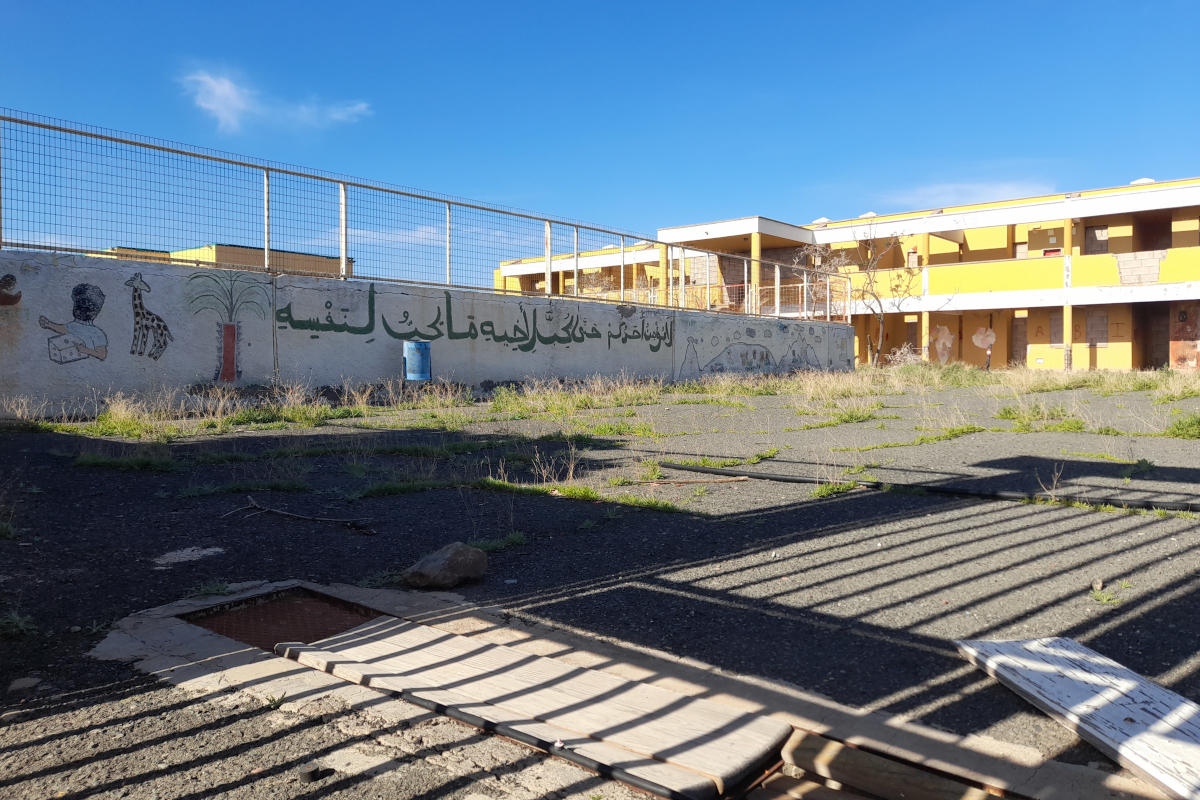
Unaccompanied and separated children: patterns of child migration are changing at the southern Spanish border
Since the early 1990s thousands of "unaccompanied and separated children" have arrived on Spanish territory. The authorities have frequently violated their rights. Policy changes and other events have led to migration patterns shifting over the years. A debate is needed over the facilities and care provided for child migrants, who at the moment are often housed in large facilities that do not meet their needs or uphold their rights.

Pushbacks, migration policy and returns at the core of EU support for authoritarian regimes
The ongoing debate on pushbacks and rights violations at external EU borders neglects an important aspect: the EU and its states betray their claimed goal to promote human rights, the rule of law and civil society development worldwide by helping authoritarian regimes oppress their citizens, and also to stop them from leaving.
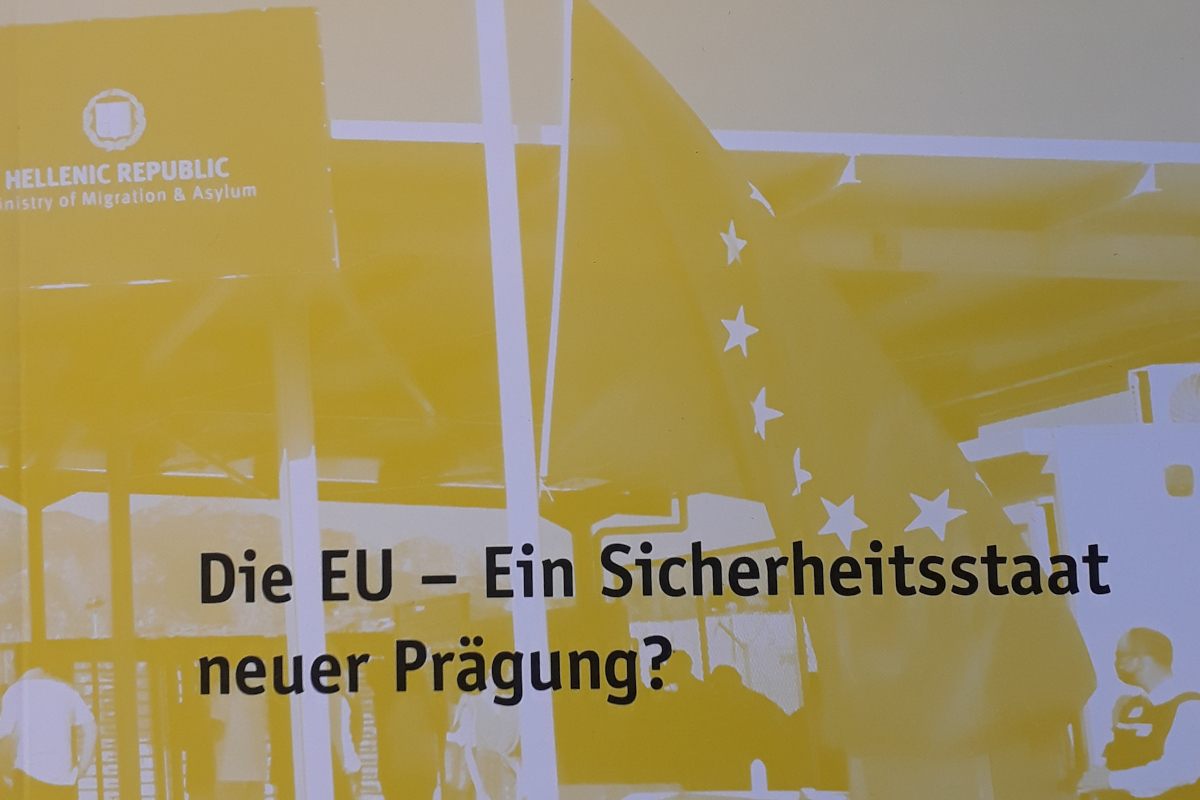
The European Union and its crises
Since the Amsterdam Treaty of 1999, various crises have served as a pretext for expanding EU security structures and the powers of repressive authorities. Politically motivated human rights abuses remain the order of the day and have been exacerbated by the recent “migration crisis” at the EU's eastern borders.
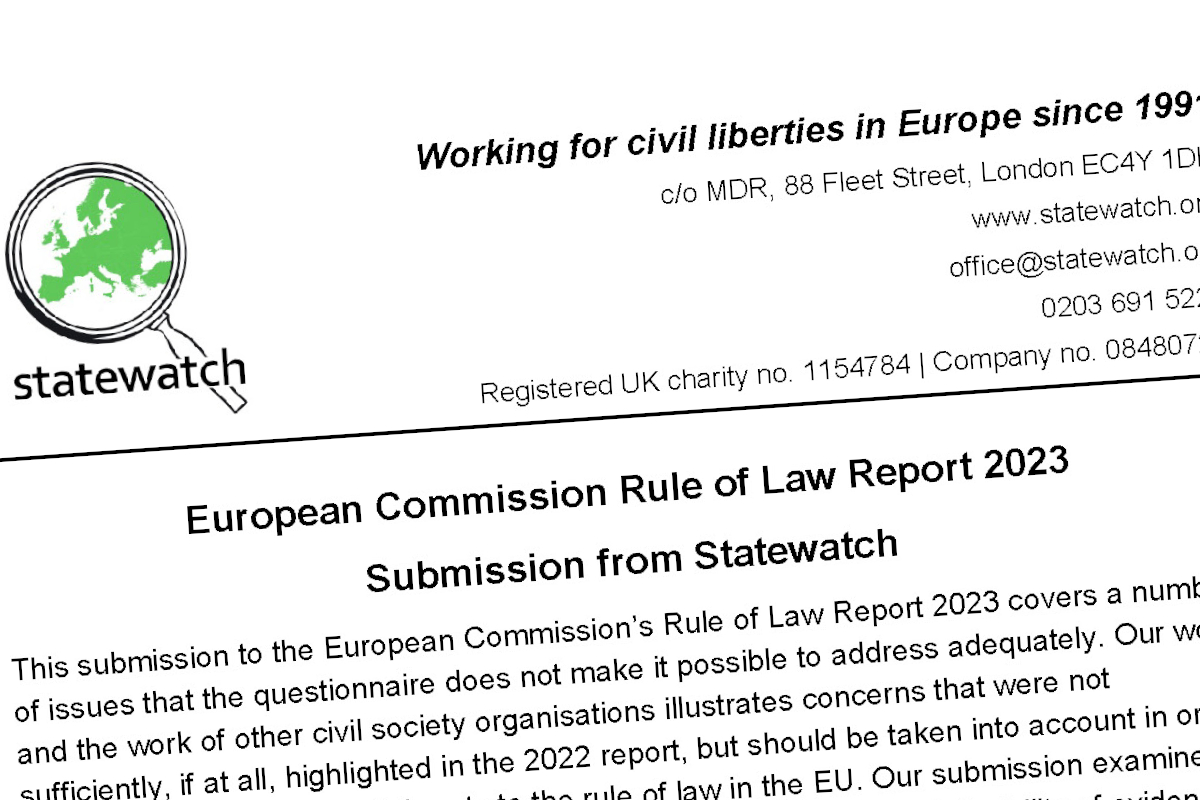
Submission for the EU Rule of Law Report 2023
On 20 January, we filed a submission to the European Commission's public consultation for its Rule of Law Report 2023, which will cover developments in 2022. Our submission highlights a number of topics - in particular regarding rule of law issues at EU level, surveillance, access to an effective remedy and the criminalisation of the press - that have not received sufficient attention in previous iterations of the report.

Frontex and deportations, 2006-21
Data covering 16 years of Frontex’s deportation operations shows the expanding role of the agency. We have produced a series of data visualisations to show the number of people deported in Frontex-coordinated operations, the member states involved, the destination states, and the costs.
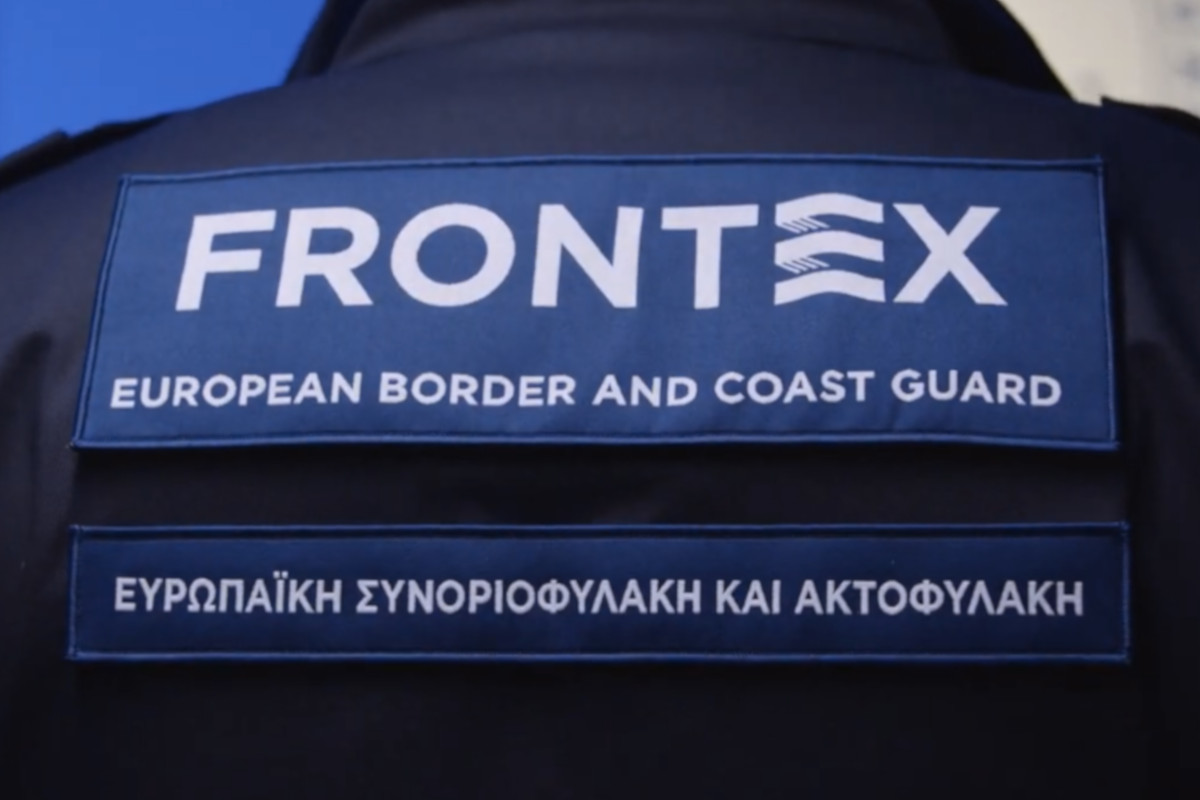
Evaluation of the 2019 Frontex Regulation: Statewatch submission to the European Commission call for evidence
We made a brief submission to the European Commission's call for evidence to inform the evaluation of the 2019 Frontex Regulation. The evaluation is due to be carried out between December 2022 and October 2023 by an external consultant. Our submission highlights issues concerning fundamental rights, transparency and accountability.
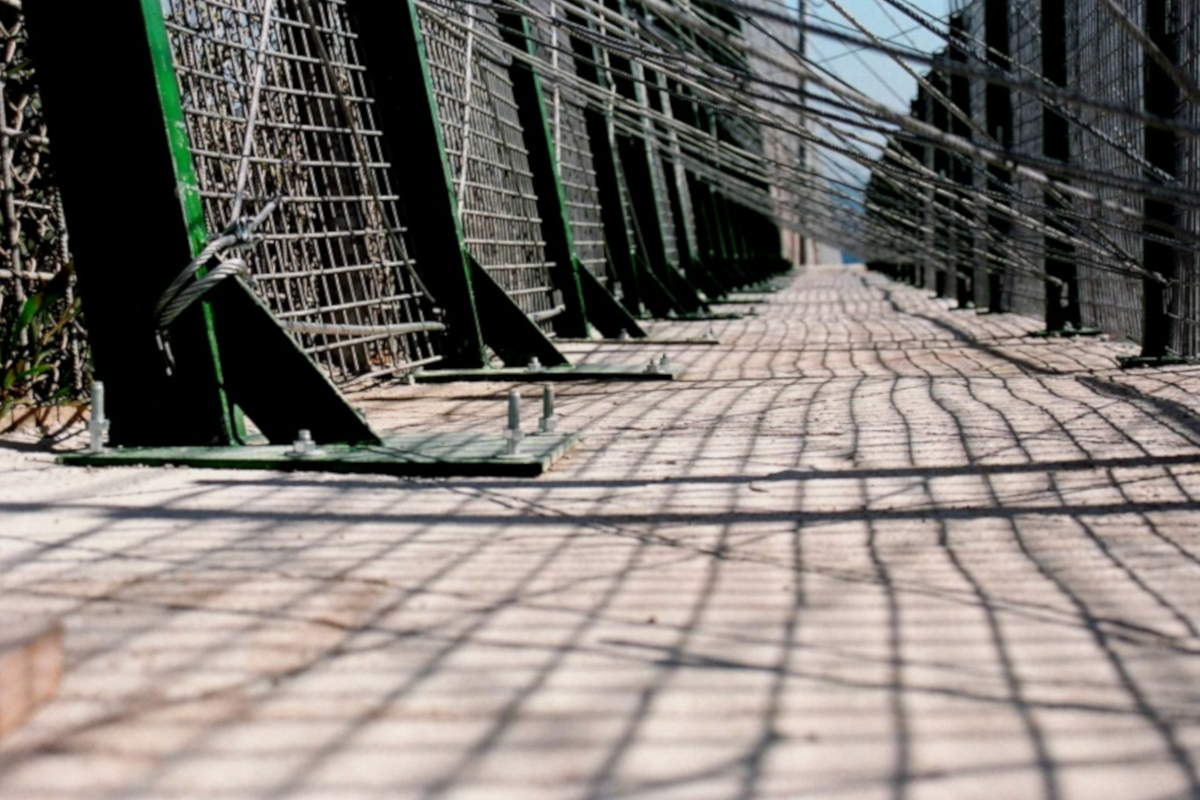
The Melilla border deaths represent a new phase in the bloody story of Fortress Europe
On 24 June dozens of people died after attempting to cross the heavily-fortified border from Morocco into the Spanish enclave of Melilla. A report by the Nador branch of the Association Marocain des Droits Humains (AMDH), summarised and built upon here, examines the build-up to and immediate aftermath of the deadly incident. The report documents multiple human rights violations and also reveals a significant shift: from EU authorities undertaking pushbacks and leaving people to their fate in situations in which they may come to harm, to EU authorities undertaking pushbacks with the explicit knowledge that they would be beaten and treated in an inhumane and degrading manner by their non-EU ‘partners’.

Questioning the interviewers: Frontex’s covert interrogations at the Spanish southern border
Tony, a police officer deployed multiple times in Frontex operations in Spain and Greece, slips on the word “interrogate”. He immediately corrects himself: “We are not allowed to say interrogate”. We both know that the term interrogation fits perfectly well.
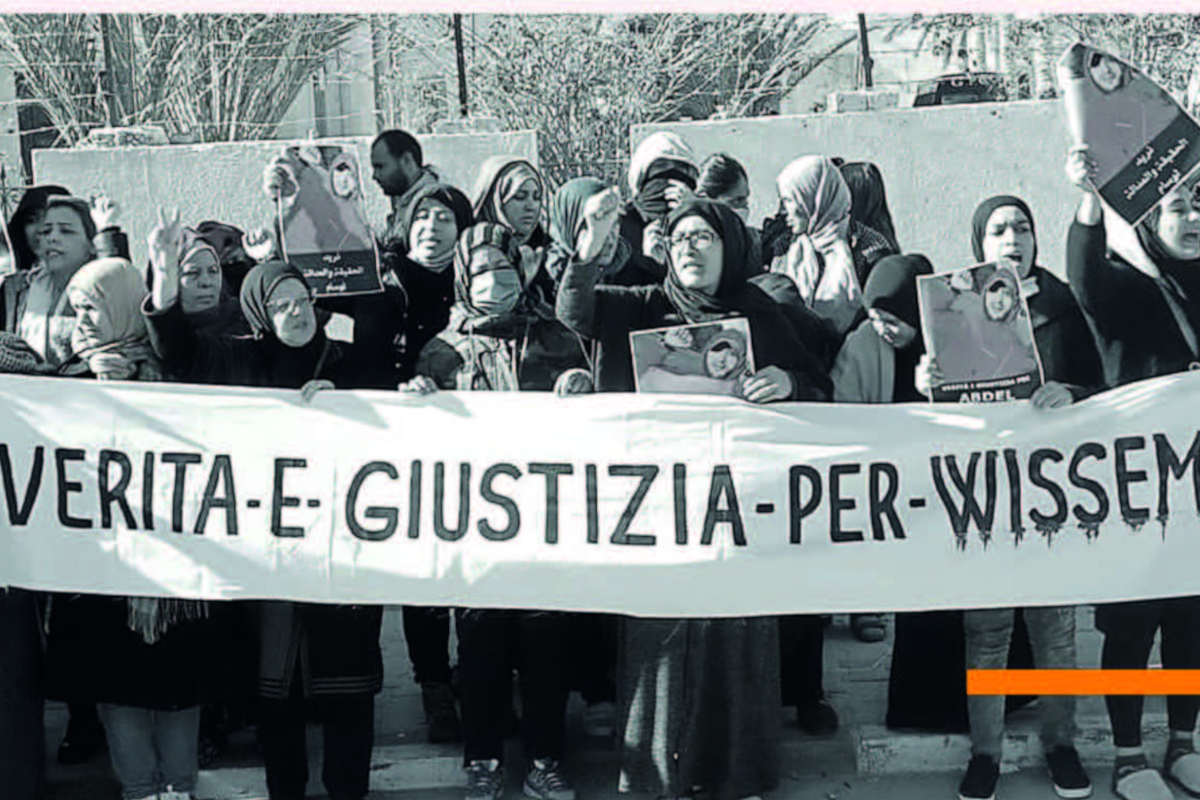
Tunisian deportees in Italy denied rights under European “migration management” policies that seek to exclude
On 28 November 2021, Wissem Ben Abdellatif, a 26-year-old Tunisian man, died in a hospital in Rome after suffering a heart attack. He had been transferred to the hospital from the Ponte Galeria detention centre, where he was being held whilst awaiting deportation. A new report dedicated to his memory examines the experiences of Tunisian citizens deported from Italy. Based on over 50 in-depth interviews with deportees, it concludes that Tunisians are regularly denied their rights after arriving in Italian territory (for example, to legal advice, information, or adequate living conditions), and that the situation is propelled by a security-minded approach to migration that has been implemented across the EU and its member states for at least two decades.
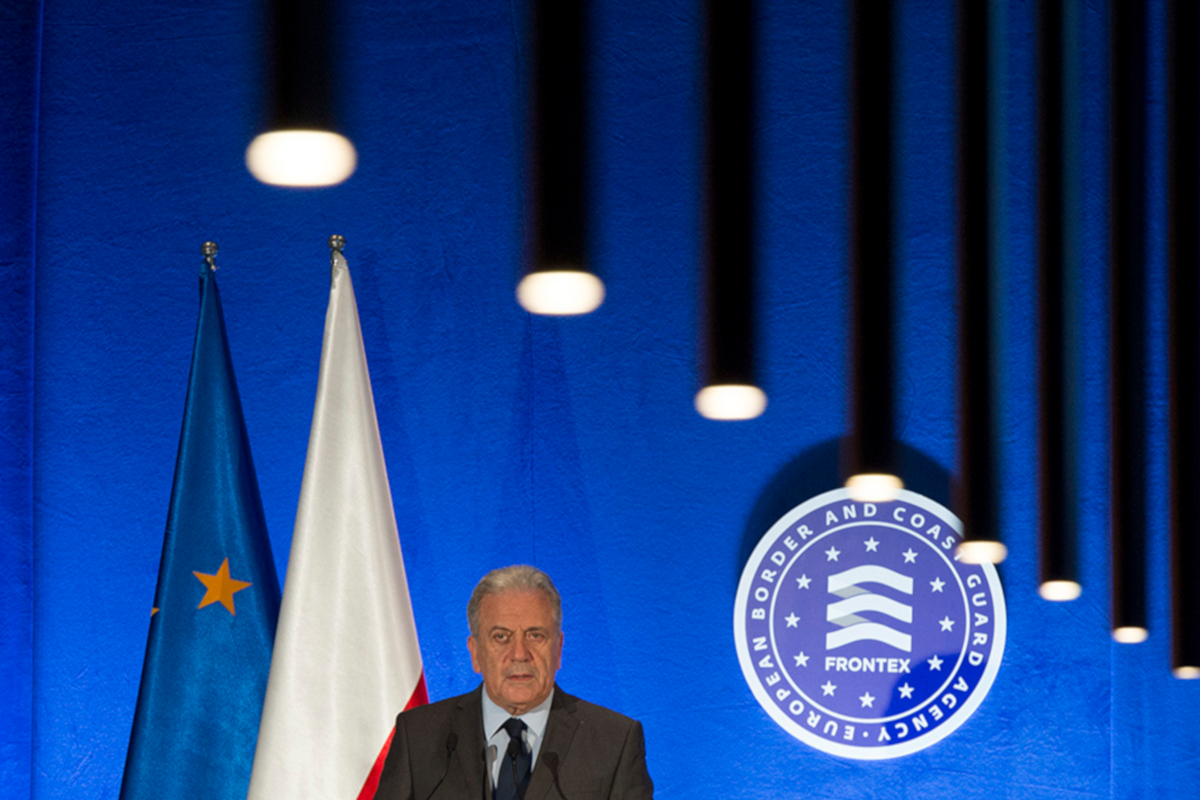
Frontex: more power, no responsibility? Mega-agency lacks real accountability structure
Since 2004, four successive regulations have increased the agency’s resources and mandate, but no adequate control mechanisms have followed to balance these with legal or political accountability.
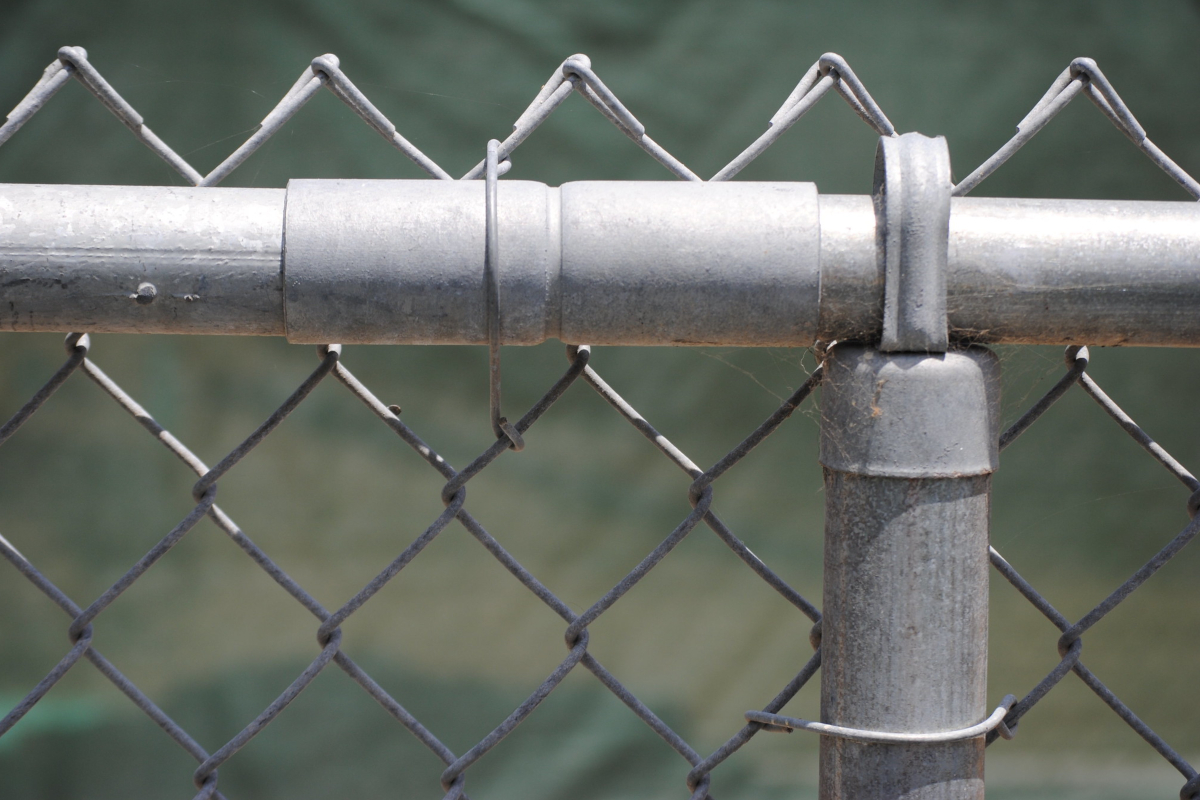
Building walls, restricting rights: Lithuania's response to the EU-Belarus border 'crisis'
After the ongoing politico-diplomatic clash between the EU and Belarus reached a peak in the summer of 2021, press attention turned towards the situation at the Polish-Belarussian border, where thousands of people arrived hoping to travel onwards to EU territory. However, the response from the Lithuanian authorities also merits examination: the country's efforts to prevent irregular arrivals have been widely supported by the EU, despite widespread allegations of fundamental rights violations.

Funds for Fortress Europe: spending by Frontex and eu-LISA
In the wake of the so-called “refugee crisis” of 2015, EU governments took the opportunity to reinforce the powers and mandates of EU agencies concerned with immigration and border control. Expanded legal remits were accompanied by vast increases in expenditure. But where has that money gone and what has it been used for?
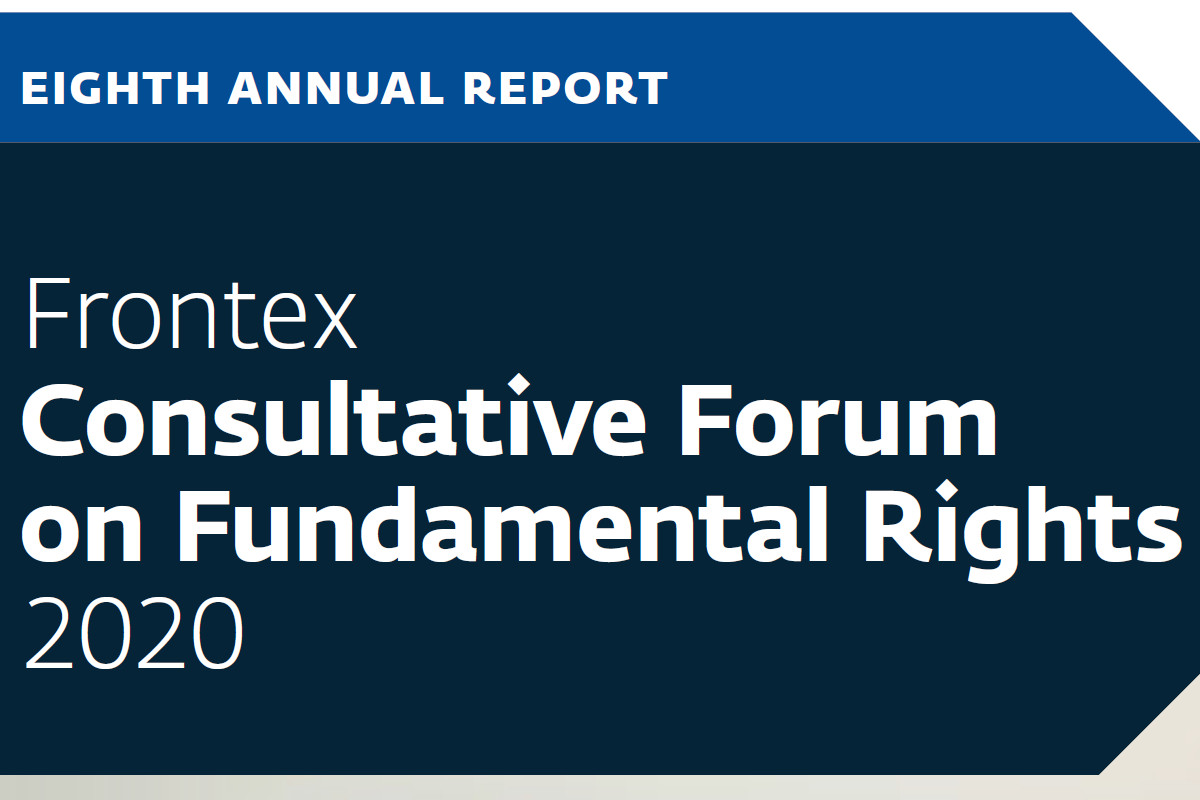
Frontex: the ongoing failure to implement human rights safeguards
A legal case alleging that Frontex was involved in an illegal deportation and the annual report of its Consultative Forum on Fundamental Rights, made up of NGOs and international organisations, show once again that fundamental rights are not at the top of the agency’s agenda.
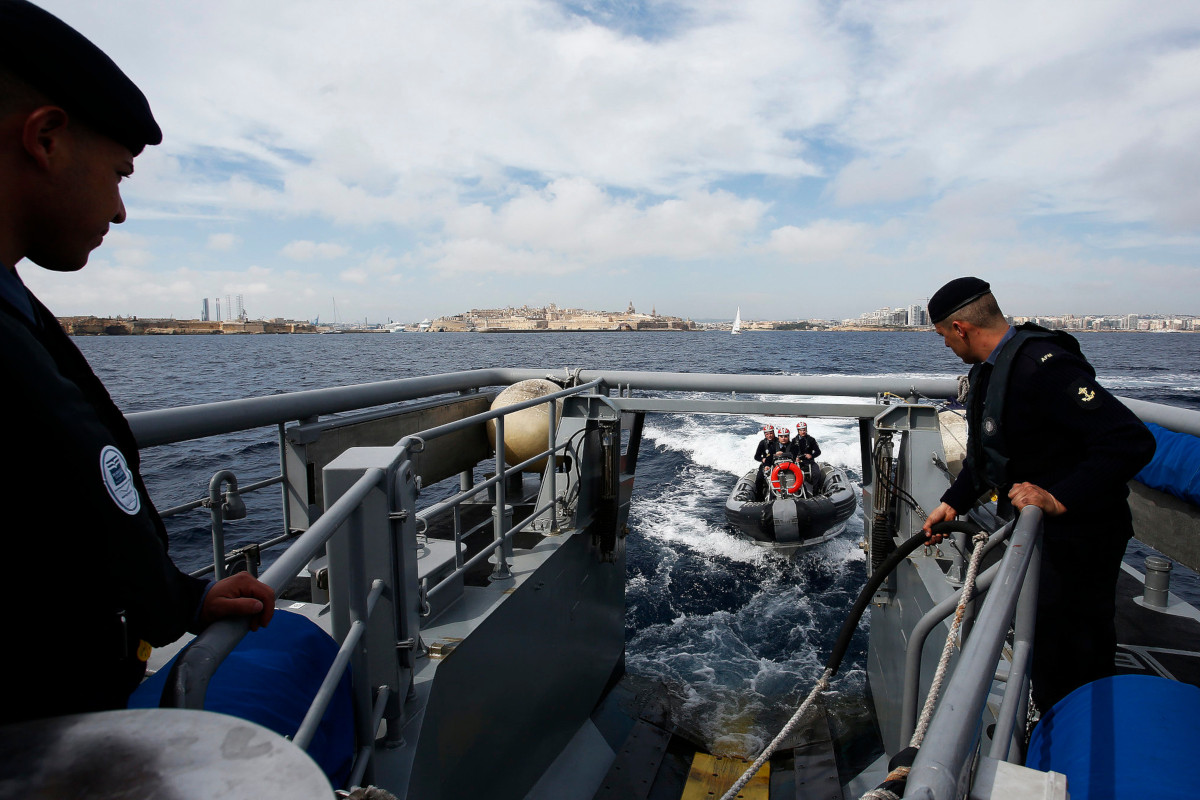
Série Frontex : résumés
Depuis le lancement de ses opérations conjointes, Frontex a été accusée de détourner le regard de ses obligations légales en matière de respects des droits, et en particulier concernant le sauvetage en mer. Statewatch, membre de Migreurop, à travers la plume de Jane Kilpatrick, chercheur et membre de l’équipe salariée de Statewatch, et Marie Martin, collaboratrice de Statewatch, a publié une série de trois analyses sur les aspects juridiques et politiques qui ont amené à cette situation « d’impunité choisie ». Vous trouverez ci-joint un résumé en anglais et français, ou qui souhaitent accéder aux arguments principaux émis dans ces analyses. (Versions anglaises ci-dessous).

UK: Statewatch submission to consultation on reform of the Data Protection Act 2018
Submission by Statewatch to the Department of Culture, Media and Sport’s consultation on reforms to the UK’s Data Protection Act 2018.
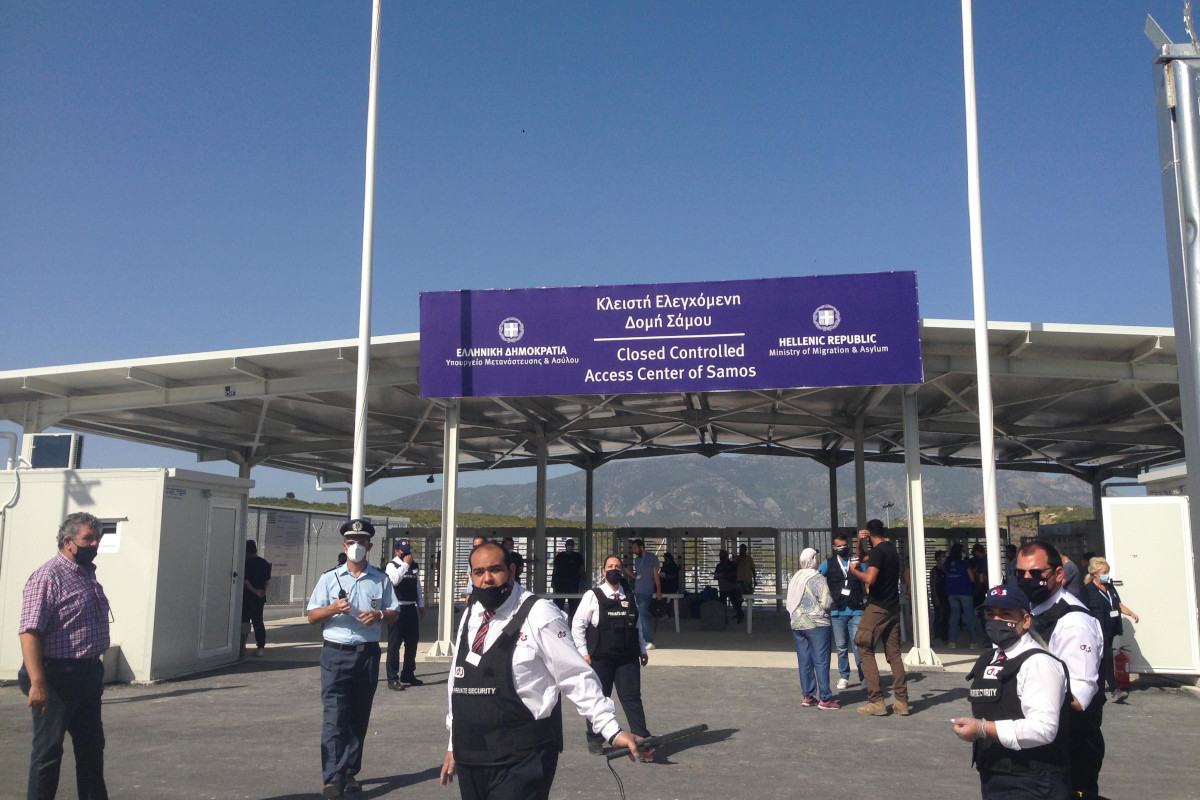
Greece: The new hotspots and the prevention of “primary flows”: a human rights disaster
The Greek government and the EU have evicted various self-managed hospitality structures and are now closing down the squalid, state-run refugee camps on the islands of the Aegean. People are being transferred to newly-built "closed controlled access centres". These prison-like facilities, which are coming into use at the same time as a the services available to refugees are being cut back, are having injurious effects upon people's mental health and wellbeing. Nevertheless, with the Greek government focusing on preventing "primary flows", it seems the new camps are set to play a growing role in the detention of people awaiting deportation.
Spotted an error? If you've spotted a problem with this page, just click once to let us know.